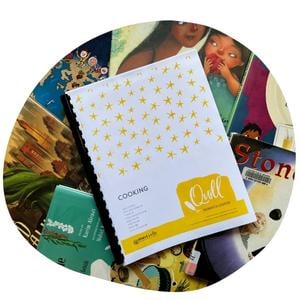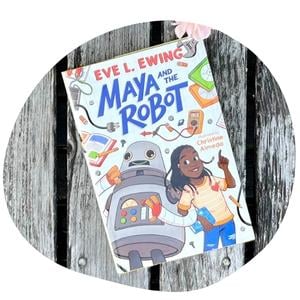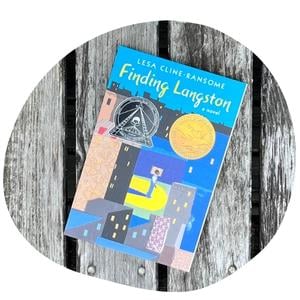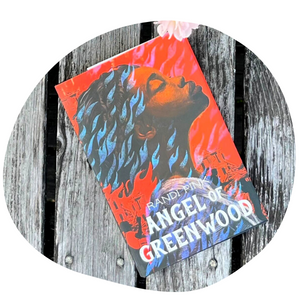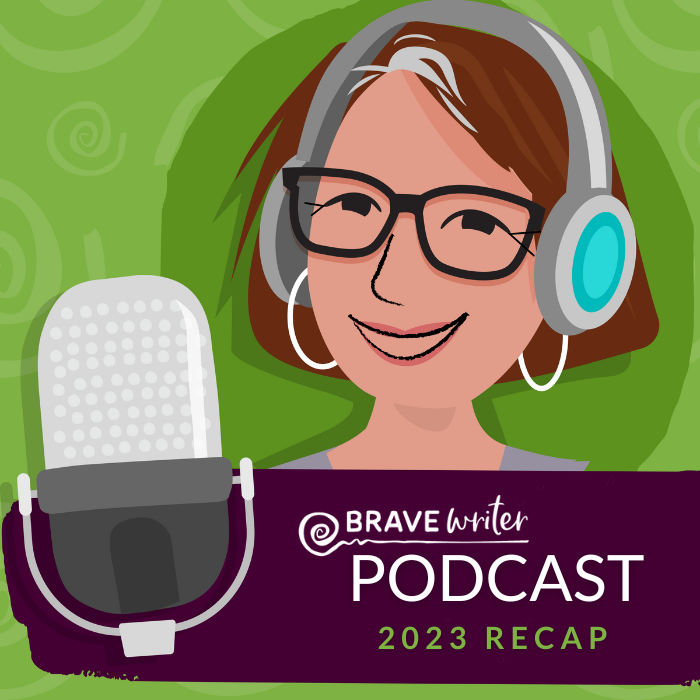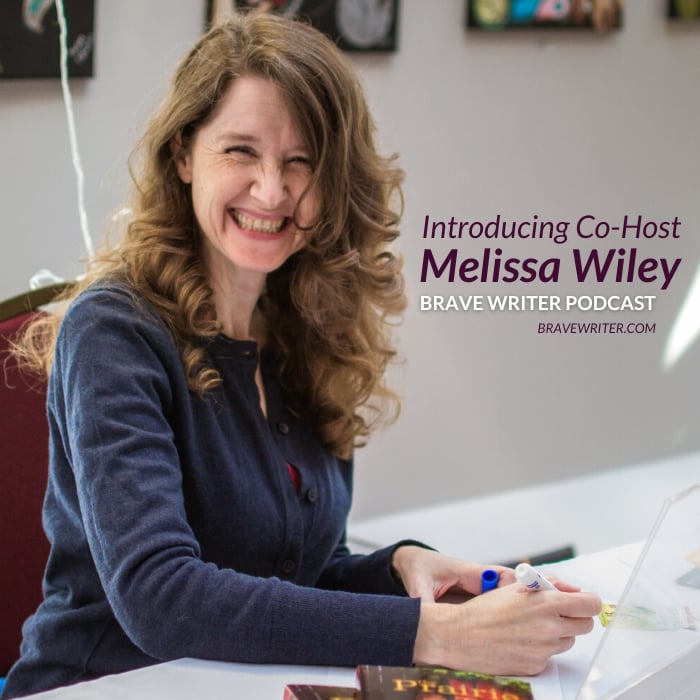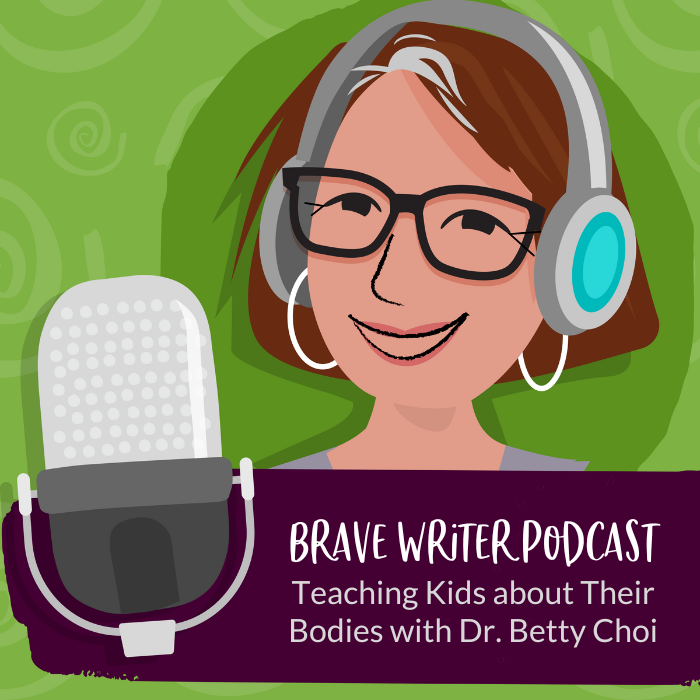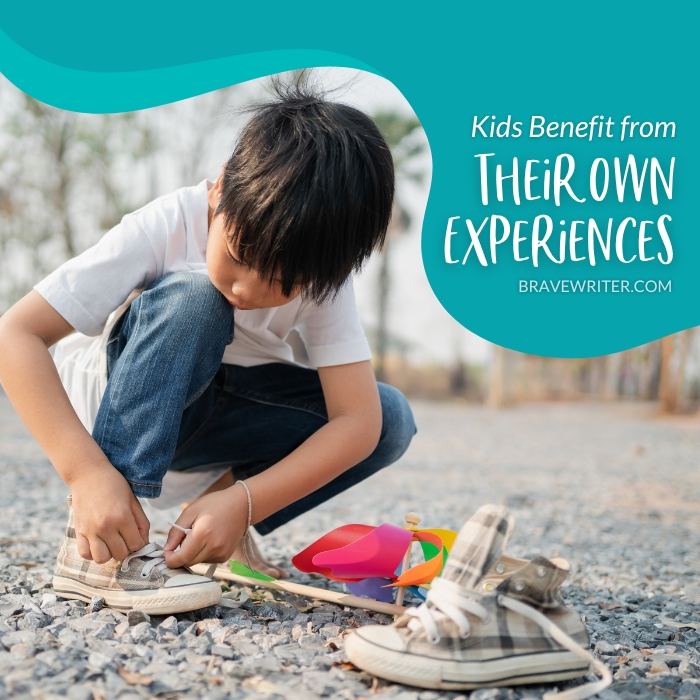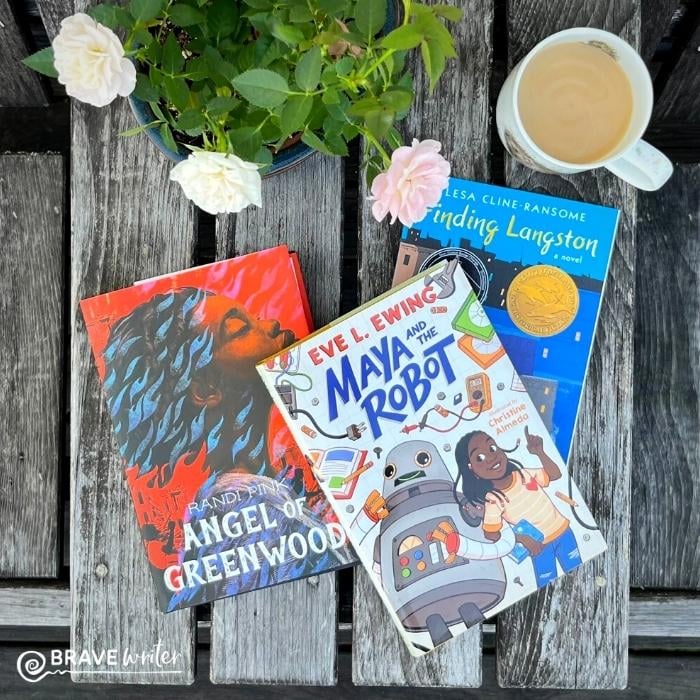
February’s Dart, Arrow, and Boomerang selections feature strong characters who are finding their way in the world even as it changes all around them.
These stories will sow the seeds for Big Juicy Conversations your kids won’t soon forget as your family explores:
- writing,
- mechanics,
- and literary devices,
And this month’s Quill contains the flavorful ingredients you’ll need to explore cooking with kids!
Discover new foods and the places they come from while your children practice early reading, handwriting, and math skills.
[This post contains Amazon affiliate links. When you click on those links to make purchases, Brave Writer receives compensation at no extra cost to you. Thank you!]
Break out the measuring cups! The February Quill (Cooking) is here!
In this Quill we’ll keenly observe the spices of life; cook up comparisons with kitchen language; put nursery rhymes into action; bake in order with sequencing; and compare measurement systems.
Note: You can use any cooking picture books you have in your stacks or find at your library.
Some suggestions:
- A Fine Dessert by Emily Jenkins, illustrated by Sophie Blackall
- Arab Fairy Tale Feasts: A Literary Cookbook by Karim Alrawi, illustrated by Nahid Kazemi
- Awesome Kitchen Science Experiments for Kids: 50 STEAM Projects You Can Eat! by Megan Olivia Hall
- Stone Soup by Jon J. Muth
- Strega Nona and other books about cooking by Tomie dePaola
- Tomatoes for Neela by Padma Lakshmi, illustrated by Juana Martinez-Neal
Get the Quill.
Maya and the Robot by Eve L. Ewing
Things get interesting when Maya meets Ralph, a forgotten homemade robot who comes to life!
You won’t want to miss our story’s opening scene—it’s a food fight, oh my! And this story ends right where it started! You’ll have to read the book to see what we mean, but trust us, it’s the perfect example of this month’s literary device, hook and return!
We’ll also:
- shout about interjections and exclamation points!
- take a peek behind the curtain at prepositions,
- dive into some deliciously detailed descriptive language,
- look at the biggest, boldest literary device in the galaxy—otherwise known as hyperbole,
- snip out some syllables, thanks to contractions,
- see how juicy verbs can inject energy into writing, and so much more!
Get the Dart.
Finding Langston by Lesa Cline-Ransome
This historical fiction novel takes us to Chicago’s postwar South Side where a boy named Langston discovers the power of poetry and the people who create it! A story that will warm your day, even if it’s snowing where you are!*
February’s literary device is First-person Narrative. Discover the power of stories told from a main character’s point of view.
We’ll also:
- assess apostrophes,
- announce amazing articles,
- play with poetry,
- find out what’s happening with action beats,
- locate, look at, and learn about commas, and so much more!
*Note About Content: Although this gentle coming-of-age story is ultimately one of hope and understanding, parents should be aware that just before the book’s opening, the narrator’s mother passes away, a fact that’s wrestled with as the story unfolds.
Get the Arrow.
Angel of Greenwood by Randi Pink
Watch Isaiah and Angel debate the teachings of Booker T. Washington and W.E.B. DuBois and then decide what your family thinks!*
In this Boomerang, we’ll:
- justify juxtaposition,
- highlight historical fiction,
- pick apart point-of-view,
- dabble in dependent clauses,
- notice narrative tension,
- label literary foils, and so much more!
*Note About Content: While ultimately hopeful and uplifting, Angel of Greenwood addresses harsh realities of history and depicts teenage romance (including kissing but nothing sexually graphic). We encourage you, the parent, to pre-read this novel to be sure it is right for your family.
Get the Boomerang.
For ages 15-18, check out the Slingshot.

